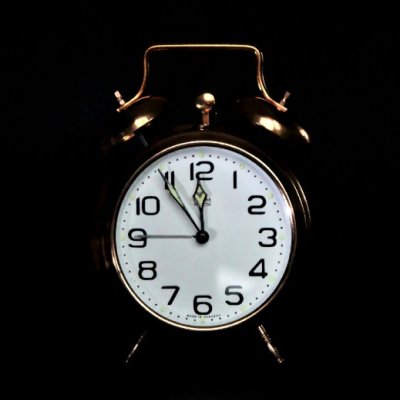Traducción
■■■■■■■■■■■■■■■■■■■■■■■■■■■■■■■■■
Ejemplos
Esta zona fue también conocida como Galicia cuando bajo el dominio austrohúngaro. | This area was also known as Galicia when under Austro-Hungarian rule. |
Él está analizando la derrota del Imperio austrohúngaro y de Alemania. | He is analyzing the defeats of Austria Hungary and of Germany. |
Después de la era napoléonienne, el Imperio austrohúngaro absorbió Poljica. | After the Napoleonean era, Poljica was absorbed by the Empire Austro-Hungarian. |
Hace menos de cien años, el Imperio austrohúngaro reunía 21 países europeos. | Less than a hundred years ago, the Austro-Hungarian Empire united 21 European countries. |
En muchas ocasiones escucho al compositor austrohúngaro György Ligeti. | The Austrian-Hungarian composer György Ligeti is one that I listen to a lot. |
Después de la caída del Imperio austrohúngaro, Makarska se integró al Reino de Yugoslavia. | After the fall of the Empire Austro-Hungarian, Makarska was integrated into the Kingdom of Yugoslavia. |
Bosquejo de los bosnios en el tiempo del mandato austrohúngaro en Bosnia y Herzegovina. | Bosnians at the time of the Austro-Hungarian occupation of Bosnia and Herzegovina. |
Ludwig Eduard Boltzmann (1844–1906) Nacimiento 20 de febrero de 1844 Viena, Imperio austrohúngaro (actualmente Austria) | Ludwig Eduard Boltzmann (1844-02-20) February 20, 1844 Vienna, Austrian Empire (present-day Austria) |
Kubin nació en Leitmeritz, Bohemia, que entonces era parte del Imperio austrohúngaro. | Kubin was born in Bohemia in the town of Leitmeritz, Austro-Hungarian Empire (now Litoměřice). |
En 1866, el Reino de Baviera se alió con el Imperio austrohúngaro en la guerra austro-prusiana. | In 1866, Bavaria was allied with the Austrian Empire in the Austro-Prussian War. |
Palabra al azar
¡Tirar los dados y aprender una palabra nueva ahora!
¿Quieres aprender inglés?
¡Aprende inglés gratis!












